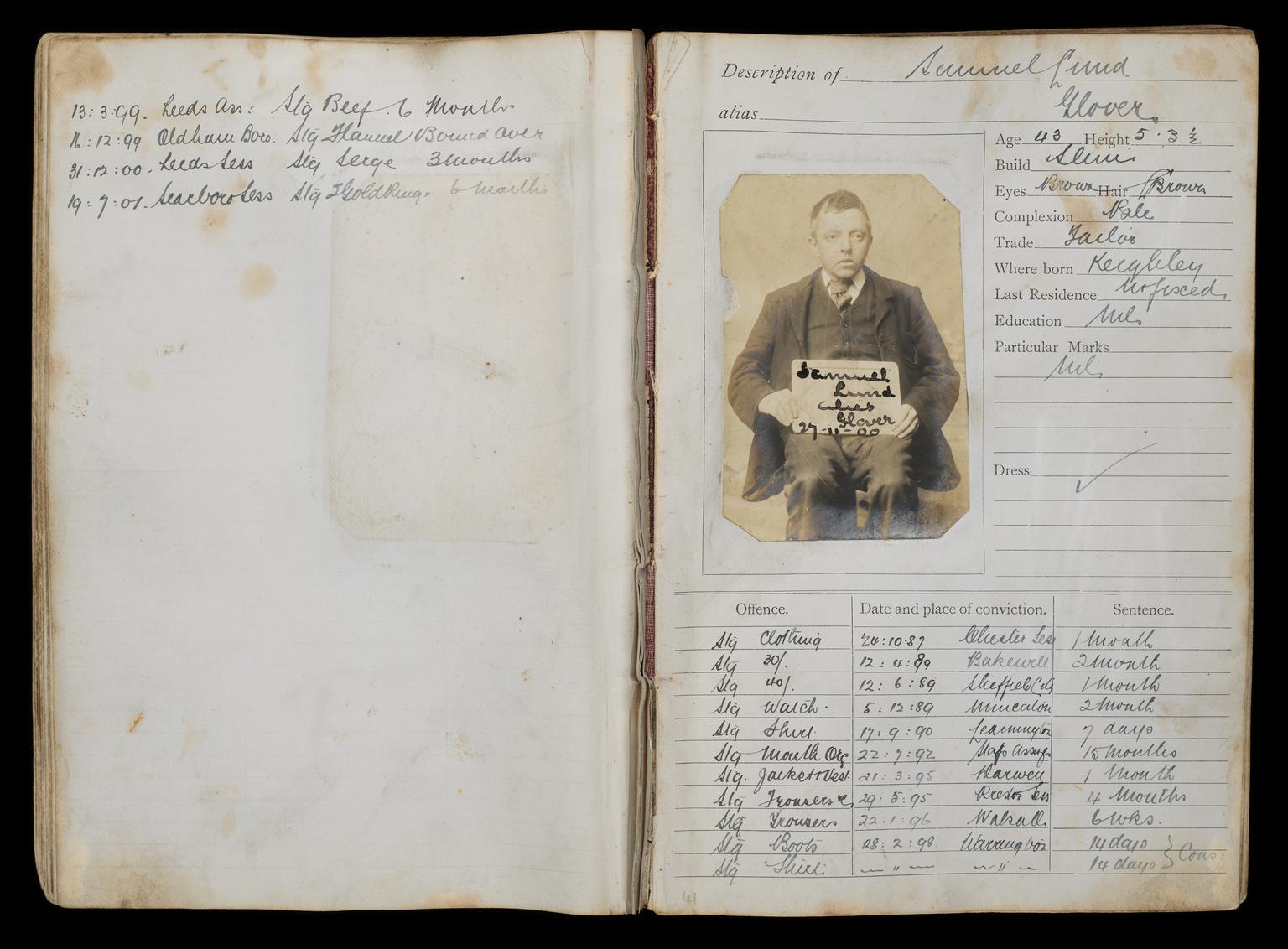A Course of Love: Combined Volume: Part 3: 40 Days and Night with Jesus DAY 10: Power through the first receiver, Perron, Mari. A Course of Love: Combined Volume (p. 362). Take Heart Publications.
10.1 Power is the ability to be cause and effect. It is the ability to harness the cause and effect power of love. It is a quality of form as well as a quality of union. Form is the ultimate expression of the power of creation. The power of creation, harnessed by form in the service of form is the next step in the expansion of the power of creation. It is the power of the elevated Self of form.

10.2 See you now why the certainty of union must be combined with the confidence of the self of form? Certainty is knowing that this power exists. Confidence is the expression of your reliance upon it. To rely on your own power is to rely on the connection that exists between the self of form and the Self of union and to, through this reliance, tie the two together so that there is no seam, no boundary, no remaining separation.
10.3 We have talked before of conviction and your willingness to, like the apostles, let your conviction spring from your willingness to experience its cause and its effect. I am asking you now to be willing to move from conviction to reliance. I am not asking you to do this today any more than I am asking you to move from maintenance to sustainability today, I am merely making you aware of this difference, just as I made you aware of the difference between the states of maintenance and sustainability. As with the states of maintenance and sustainability, I am giving you cause for movement, the effect of which will be the movement from conviction to reliance.
10.4 Conviction is tied to belief, and to a former lack of belief that has been overcome. Reliance is not tied to belief nor to the overcoming of disbelief and thus releases you from the need for belief. Certainty is complete lack of doubt and any perceived need for doubt.

10.5 Realize that in the time of learning, you felt a need for your doubt just as you felt a need for your beliefs and for the reassurances that were important to your self-confidence. These needs are tied to your feelings and thus we will return to a discussion of feelings in connection with the ideas of confidence, reliance, and certainty.
10.6 Confidence in your feelings will lead to confidence in your Self. While you think it is your access to unity that will be the more difficult to achieve and sustain, this will not be the case for most of you, for the simple reason that the certainty that comes from union will seem to come, at least initially, from a place other than the Self. Because certainty seems to come from a place “other than” or beyond the self of form, you will instinctively have greater trust in it. You will believe it comes from a place “other than” or beyond the self of form because it comes in the form of certainty.

10.7 The feelings that lead you to either a state of confidence or to a state of lack of confidence could be spoken of most succinctly by considering your concept of intuition. You all understand intuition and each of you have had intuitive moments. You may have felt, for no good reason, as if you shouldn’t do something you were about to do. You may have trusted the intuition and then learned that had you done what you planned to do, an accident or some other event you would not have welcomed might have occurred. You may have never had any proof that following your intuition was the correct thing to do but still felt as if it was. Or you may have doubted your intuition and had something occur that made you think back and wish that you had not doubted it.
10.8 This intuition came as a feeling, but not necessarily as a feeling of certainty. You may have reacted to the intuition with confidence or with lack of confidence.
10.9 There are other instances of intuition that come, not as these seeming warnings, but as what you might call intuitive flashes of insight—intuition that causes you to make connections between point A and point B, be point A and point B distinct points in a scientific puzzle or murky points about relationships between lovers.
10.10 This type of intuition seems to come more as thought than as feeling, but even so, it is your feelings about such thoughts that will often determine how you act upon them. Do you trust in your intuition or do you doubt it?
10.11 What you have trusted in the most is rational thought, and intuition is different than rational thought, as are feelings of all kinds. You think of feelings either as that which comes to you through your five senses or as emotions, and you have not trusted in these feelings as much as you have trusted in rational thought. This lack of trust works both for you and against you now. It works for you in that you do not have to resist and reject an existing trust as you do with the thoughts of the mind you call rational. It works against you because all feelings are capable of providing what you have called intuitive knowledge or insights and your distrust of this knowledge and insight will need to be overcome.
10.12 Feelings come from the innate knowing of the self of form—in short, from the body. The body is the “given” form and while it was the perfect vehicle for learning in the time of learning, it is now being transformed into the perfect vehicle for the realization of the elevated Self of form. During this transformation, we work with what is as well as with the new and the forgotten. This is why it has been said that the certainty that comes from access to unity may be less difficult for you to become aware of and accept than the confidence in the self of form that must accompany it. In developing the confidence of the self of form, we work with what has been in a new way, and as you all know from the time of learning, it is often more difficult to become adept in doing something in a way different than you have done it before than to do something completely new. This is because old patterns or habits must be done away with before achievement of a new way is possible.

10.13 This also relates to our discussion of image versus presence and to the image of your personal self that was discussed at the beginning of our dialogue. While you still hold an image of your personal self, you still hold inaccurate ideas about the feelings of the personal self. This is because your image of the personal self is based on the past and the feelings of the past. This is also because your image of the personal self is a mental construct, and not a simple mental construct but a whole set of thoughts, beliefs, and mental pictures.
10.14 Because you believe that your feelings have misled you in the past, you now still doubt your feelings. Because you have doubted yourself in the past, you now still look for reassurances and proof that you are “right” before you feel confidence and the ability to act. To “know” before you act is wise. But to think that doubting your feelings or seeking outside assurances of what you know will lead to either confidence or certainty is foolish.
10.15 Pause a moment here and consider our need for a distinction between the certainty you feel from unity and the confidence you need to feel in the self of form. Reflect further on your idea of certainty coming from a place “other than” the self. Realize in these reflections that you are still reliant on means “other than” the self, including your image of the state of unity and including your image of me. Although you have been called to union you still hold an image of the state of unity as separate from yourself. Although I have removed myself from the role of teacher and entered this dialogue with you as an equal, you still hold an image of me as “other than” yourself. You will never fully rely upon your Self while you hold these images.
10.16 When I call you to replace conviction with reliance, I call you to replace belief in an outside source with reliance upon your Self.
10.17 Part of the difficulty you find in accepting reliance on your Self is what you have “learned” within this Course. As you “learned” to remove the ego and deny the personal self, you transferred your reliance to me and to the state of unity. This was purposeful. Now, however, you are asked to return to wholeness, a state in which you are not separate from me or from the state of union.
10.18 You have “learned” the distinction between Christ-consciousness and the man Jesus. You have “learned” the distinction between your Self and the man or woman you are. Now you are called to forget what you have “learned” and to let all distinctions slip away. You are called to forget what you have learned and to realize what you know.
10.19 Thus I will speak to you from this point onward as the voice of Christ-consciousness, the voice of your own true consciousness, the consciousness that we truly share. I came to you in the form of the consciousness of the man I once was because you were, prior to this point, unready to give up image for presence, the individual for the universal, reliance on an outside source for reliance on yourself, Jesus for Christ-consciousness. You needed the reference point of a “person,” of a being who had lived and breathed and met challenges similar to your own. You have been unable to see the two as the same for you have not realized this sameness in yourself. This sameness of the person you are and Christ-consciousness, of union and presence, of the individual and the universal, is what the elevated Self of form must encompass.

10.20 I ask you not to give up your relationship with me as the man Jesus, but to accept that the man Jesus was simply a representation, in form, of Christ-consciousness. I do, however, ask you to give up your identification of the voice of this dialogue as that belonging to the man Jesus who lived two thousand years ago. To continue to identify this voice with that man is to be unable to recognize this voice as the voice of your own true consciousness—the voice of Christ-consciousness. Yet to realize that this is the same voice that animated the man Jesus two thousand years ago will aid you in realizing that this is the voice that will now animate the elevated Self of form, or in other words, you.
10.21 I have spoken with you throughout this time as the man Jesus so that you realize that man and Christ-consciousness can be joined. That you, as man or woman, existing in this particular time and space, can join with Christ-consciousness. You can be both/and, rather than either/or. As I speak to you now as the voice of Christ-consciousness—as your own true Self—you will not have lost Jesus as your companion and helpmate but will only know more fully the content of the man Jesus. As you join with Christ-consciousness in this dialogue, you will realize you have not lost your Self but will only know more fully the content of your Self.
10.22 Remember that you have been told since the beginning of A Course of Love that the answers that you seek lie within, and that their source is your own true identity. You have been told since the beginning of this Course that this is the time of the second coming of Christ. What we have just discussed is what both of these statements mean. This is the culmination point of these two great objectives coming together in you and your brothers and sisters.
10.23 I will still be with you to point the way, but if you can cease to think of this as the wisdom of an outside source, if you can hear it and feel it and think of it as a true dialogue, a true sharing in relationship in which an exchange is taking place, you will further your progress greatly.
10.24 Let us talk a moment of this exchange, for it is a key to your understanding of your Self and your power. This dialogue, as one-sided as it may seem when presented in this way, is an exchange and will only become more so as we proceed. I am not imparting wisdom that you are unaware of but reminding you of what you have forgotten. I am not having a monologue, but we are having a dialogue in which you are a full participant. As much of what you read in these dialogues comes from your own heart and those of your brothers and sisters in Christ as it does from me. It comes, in truth, from our union, from the consciousness we share. This shared consciousness is the source of wisdom because it is shared—shared in unity and relationship.
10.25 Before we move on to the all-important discussion of unity and relationship, let me spend my final time with you as the man Jesus talking more of feelings.
10.26 It is highly unlikely that in your image of an ideal self you left much room for feelings of the type you currently experience. This is why we have recently spoken of anger and of those things which you dislike—why we have spoken, in short, of the feelings you would think would have no place within the ideal self or the elevated Self of form.
10.27 I asked you once before to review your ideas about the afterlife, a life in which most of you believe peacefulness reigns and the spirit is free of the body. Yet if you were to think now of a person whom you know who has died, you would not be likely to think of them much differently than they were in life, even while you are able to imagine them being peaceful and free of the constraints of the body. This is as good an idea as I can give you of how to imagine the elevated Self of form, as not much different than you are now, but peaceful and free of the constraints of the body.
10.28 Let’s continue with this idea a while longer as you consider a particular person you fondly remember from life and how you have thought of him or her since death. Do you not occasionally think that this person would be happy or sad to see you in the state you are in when you think of them? Do you not at times shake your head and think that a dead loved one was lucky not to have lived to see the current state of affairs of the world because you know they would not have liked it? And do you not, in all honesty, think that even in whatever form or lack of form they now occupy, they do not like it, even now, even beyond the grave?
10.29 And do you not, when thinking of idolized spiritual leaders, see them as world leaders as well, leaders not only capable but bound to taking a stance against the many situations there are to dislike in the world? Do they not feel for the suffering? Do they not dislike poverty? Are they not called upon at times to take unpopular stands against popular leaders? Do not even your ideas of saints and angels include concepts of their feeling compassion and mercy, and of their acting upon those feelings by championing the cause of good over that of evil or of the powerless over the powerful? Isn’t history replete with idols who have done just this?
10.30 I am not calling you to be as these people are or were or to act as these people have, but I am calling you to acknowledge that feelings are involved at every level of every being you can imagine. Consciousness is about what you are aware of, not about what you think. And you are very much aware of your feelings.
10.31 If you are being called to acknowledge these feelings, what are you being called to do with them? You are being called to respond to them with acceptance and love. As a man, I took a stand for the powerless and called them to power. I am still doing so. Not because any of you are powerless but because you do not know your power. If there is one thing associated with my life more so than any other, it was this. I was an advocate for all to know their power. Do you think that my advocacy was a social statement for the times in which I lived? Or do you not see that it is the same now as then?
10.32 All the issues that those you would call spiritual leaders are called to champion or censor have their roots in timeless and universal spiritual truths. It is the timeless and universal that you are called, in unity, to respond to and with. But this response will not be generated without the feelings that precede them! When speaking of gossip we used a simple example of a relatively harmless situation. When speaking of the many issues facing your world in this time, we are speaking of situations that would seem to be extreme and to call for extreme measures. The only extreme measure called for now is the same extreme measure that I called for during my life. It is the call to embrace your power.
10.33 My dear brothers and sisters in Christ, turn your thoughts not to ideals of social activism, to causes, or to championing any one side over another. Turn not to your thoughts but to your feelings and go where they lead. And everywhere they lead you, remember one thing only. Remember to embrace your power. The power of love is the cause and effect that will change the world by returning you, and all your brothers and sisters, to who they are in truth. This cannot be done from without but must be done from within. It is the transformation that is caused within that will affect the world without.
10.34 The power you must come to rely upon is the power of your own Self to create and express the cause and effect that is the power of love.
10.35 Although I need no awareness of the issues facing your time in order to speak to you of such things, I am aware of them. So is every other living thing because all that lives exists in relationship. What I have often referred to as the urgency of this time has been partially because of these issues and partially because of your readiness. It is no accident that these two aspects of urgency are converging. When your reliance on all that exists apart from your Self—your reliance on science and technology and medicine and military might—has been shown to be unfounded, a new source of reliable power is finally sought with the tenacity with which these other sources of seeming power have been sought. This is what has occurred. This is the time at which we stand.
10.36 All of the solutions to the issues facing the world and those who live upon it have been pursued separately from one another and from God—until recently. Now unity is being sought and unity is being found. 10.37 But these issues, when removed from feelings, still remain issues. They remain social causes, environmental causes, political causes. The cause of all these issues is fear. The cause and effect of love is all that will replace these causes of fear with the means and end that will transform them along with you. You are means and end. It is within your power to be saviors of the world. It is from within that your power will save the world.
10.38 As you can see, it is difficult for me, even now, even in this final address to you as the man Jesus, to speak of feelings without addressing the grand scheme of things. I want to comfort and reassure you in this final message. I want to tell you to be embraced by love and to let all the feelings of love flowing through you now find their expression. I desire, more than anything, your happiness, your peace, and your acceptance of the power that will cause these things to come to be. Yet I know you and what you want to hear. I know you have long waited for your feelings to be addressed in a more personal way. But please remember that none of the approaches that have been used to “address” your feelings in the way you might desire have worked. This will work.
10.39 This is the secret of succession, your promised inheritance. This is the gift of love I came to give and give newly now, to you. Blessed brother and sister, we feel the same love, the same compassion, the same tenderness for each other and the world. This is unity. This will save us. This will save the world.

Perron, Mari. A Course of Love: Combined Volume (pp. 486-489). Take Heart Publications. Kindle Edition.


Leave a Reply